Climate change is top of mind across the world. Carbon emissions—acting as greenhouse gases—trap the sun’s heat, which leads to global warming. The world now warms faster than at any point in recorded history. As the warmer temperatures change weather patterns, they pose risks to humans.
The fossil fuels that generate carbon emissions—coal, oil, and gas—contribute significantly to climate change. They account for more than 75 percent of global greenhouse gas emissions and nearly 90 percent of all carbon dioxide emissions.
Because data centers consume so much power from fossil fuels—driven by the need to host high-performance IT infrastructures for customers—they produce 2 percent of the carbon emissions in the U.S.
It’s time for the industry to step up.
Head of sustainability at DataBank.
Leading the Way to Sustain Natural Resources
Many data center providers already lead the way in contributing positively to sustaining the world’s natural resources. They move even faster than any standard might require.
For example, several providers strive for net zero carbon emissions. This covers three scopes as established by the Greenhouse Gas Protocol created by the World Resources Institute and the World Business Council for Sustainable Development:
Scope 1—direct emissions produced onsite
Scope 2—emissions from purchased electricity
Scope 3—emissions produced by upstream and downstream inputs (suppliers and customers)
However, for the data center industry to truly make progress across all three scopes, providers must ensure collaboration to set standards for achieving net zero emissions. This will hold everyone accountable and moving in the right direction.
Committing to Net Zero by 2030
Although data center companies may align with established frameworks, and others have developed frameworks on their own, no standard exists that the entire industry has endorsed. Those data center providers with a framework for achieving net zero commitments have positioned themselves to adjust their strategies if the industry adopts standards. With a framework, they can also adjust quickly as new technologies to reduce carbon emissions go to market.
Some providers have set commitments to achieve net zero by the end of the decade. However, most have pushed this out further. Scope 1 and 2 emissions can be addressed more readily in the short-term, but scope 3 net zero targets may be set further out since that depends on the actions of suppliers and customers.
Finding a Starting Point for Carbon Emission Standards
One of the most prominent net zero frameworks is laid out by the Science Based Targets initiative (SBTi). Many companies, including some data center providers, have set target commitments through SBTi. However, others, including many in the data center industry, find it hard to align with the SBTi framework due to changing requirements and limitations.
SBTi developed a one-size-fits-all framework and recently applied much stricter requirements, making it difficult for all industries to fit their mold. Data centers represent a high-growth industry that is in the business of selling power, and they have to provide that power 24/7 for mission-critical customer workloads.
We also are trying to decarbonize quickly to meet customer and community sustainability needs. The unprecedented growth we are experiencing as an industry creates unique challenges.
These include setting short-term and absolute emission-reduction targets from a baseline year and aligning with the new SBTi commitment requirements. Developing an approach that enables the data center industry to drive significant emission reductions across all three scopes in a pragmatic and fiscally responsible way will be imperative to continued success and credibility.
Even if SBTi alignment is not currently feasible, companies can still create net zero goals and plans in alignment with the latest recommendations from the Intergovernmental Panel on Climate Change (IPCC). As the leading international body for the assessment of climate change, the IPCC outlines a science-based approach to net zero in line with the Paris Agreement. This includes aligning with mitigation pathways to limit global warming by 1.5 degrees Celsius.
Alignment with the IPCC net zero pathway would allow a company to focus on maintaining credibility through transparency of reporting, prioritizing, and driving meaningful emission reductions across all three scopes. Companies also can develop a plan for purchasing credible and permanent carbon removal offsets for unavoidable, residual emissions.
A Collaborative Sustainability Ecosystem
The sustainability ecosystem among data center providers is collaborative: we all have the same end goal. As a result, there’s a lot of knowledge sharing between companies so we can all move forward.
Many players in the digital infrastructure industry participate in the iMasons Climate Accord (ICA) as well as other industry groups for additional knowledge sharing and collaboration. The ICA coalition unites on carbon reduction in digital infrastructures to achieve carbon neutrality.
The organization includes data center operators, suppliers, and customers. We all try to move the needle by sharing best practices.
An Ambitious But Achievable Goal
Yes, the commitment for data centers to get to net zero is ambitious, but the goal is achievable, especially for scope 1 and scope 2 within the next several years.
Getting there is key as the world continues to look for ways to make our planet sustainable. At the same time, the demand for power continues to soar as data centers play a critical role in driving new technologies like artificial intelligence and allowing people to connect with data instantaneously.
The data center industry must continue to lead the way in striking the right balance. By working together, we can keep things moving forward.
We ‘ve featured the best green web hosting.
This article was produced as part of TechRadarPro’s Expert Insights channel where we feature the best and brightest minds in the technology industry today. The views expressed here are those of the author and are not necessarily those of TechRadarPro or Future plc. If you are interested in contributing find out more here: https://www.techradar.com/news/submit-your-story-to-techradar-pro


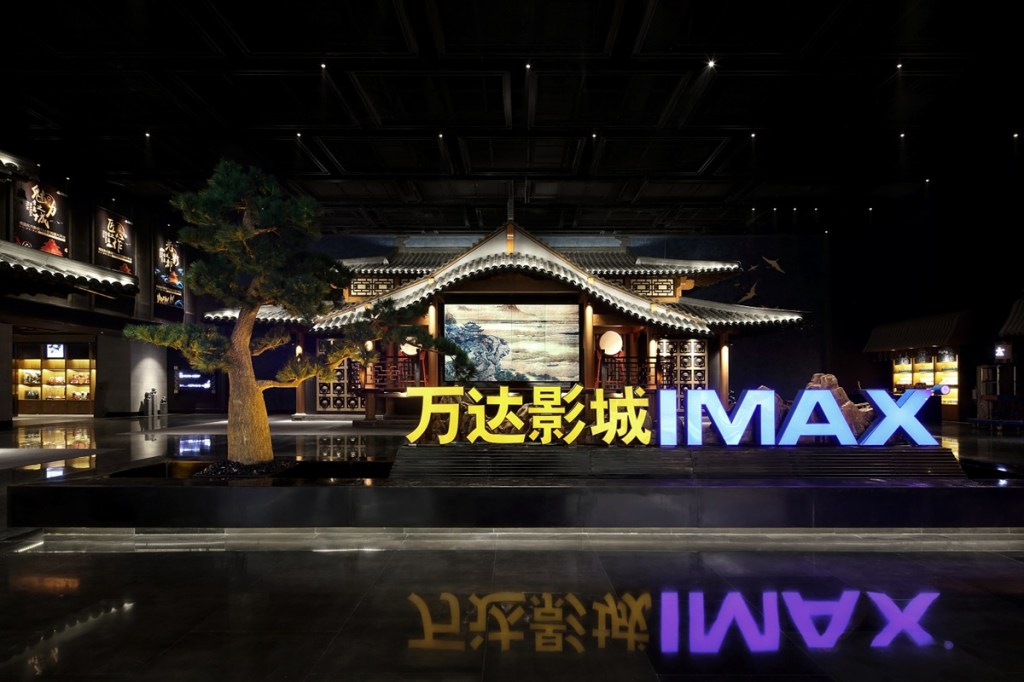
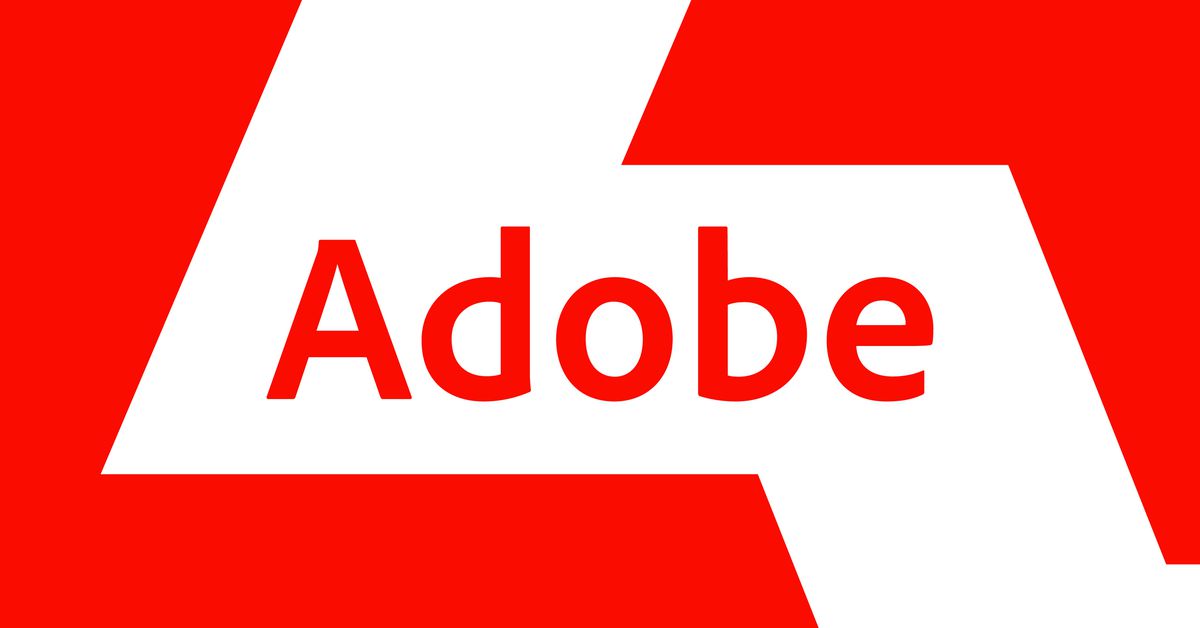


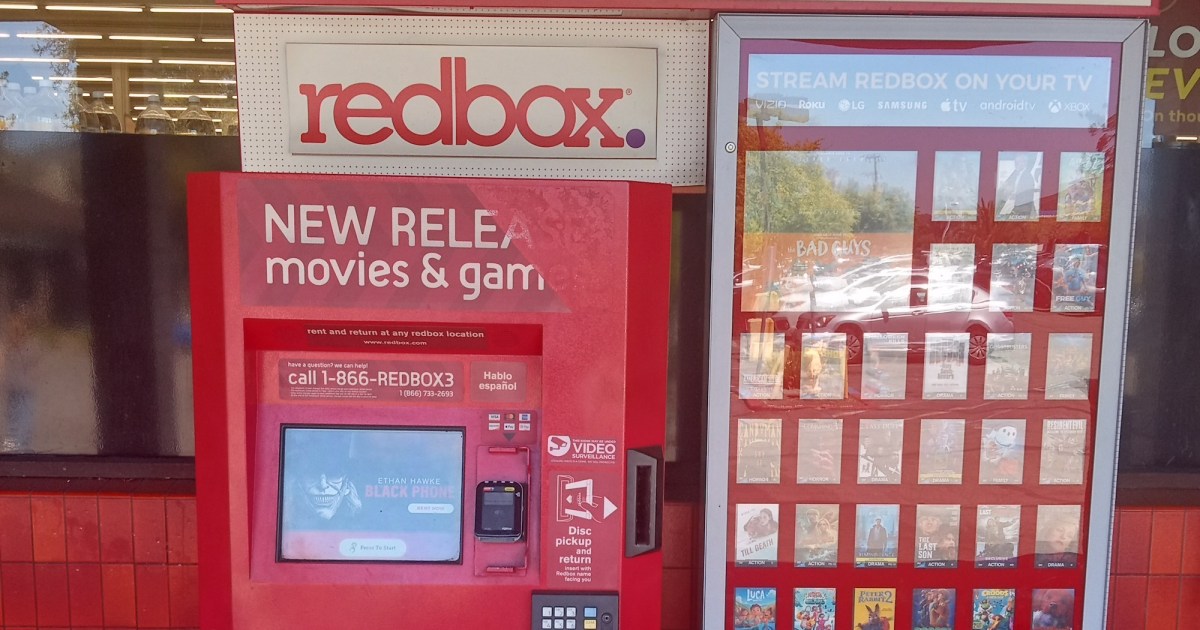

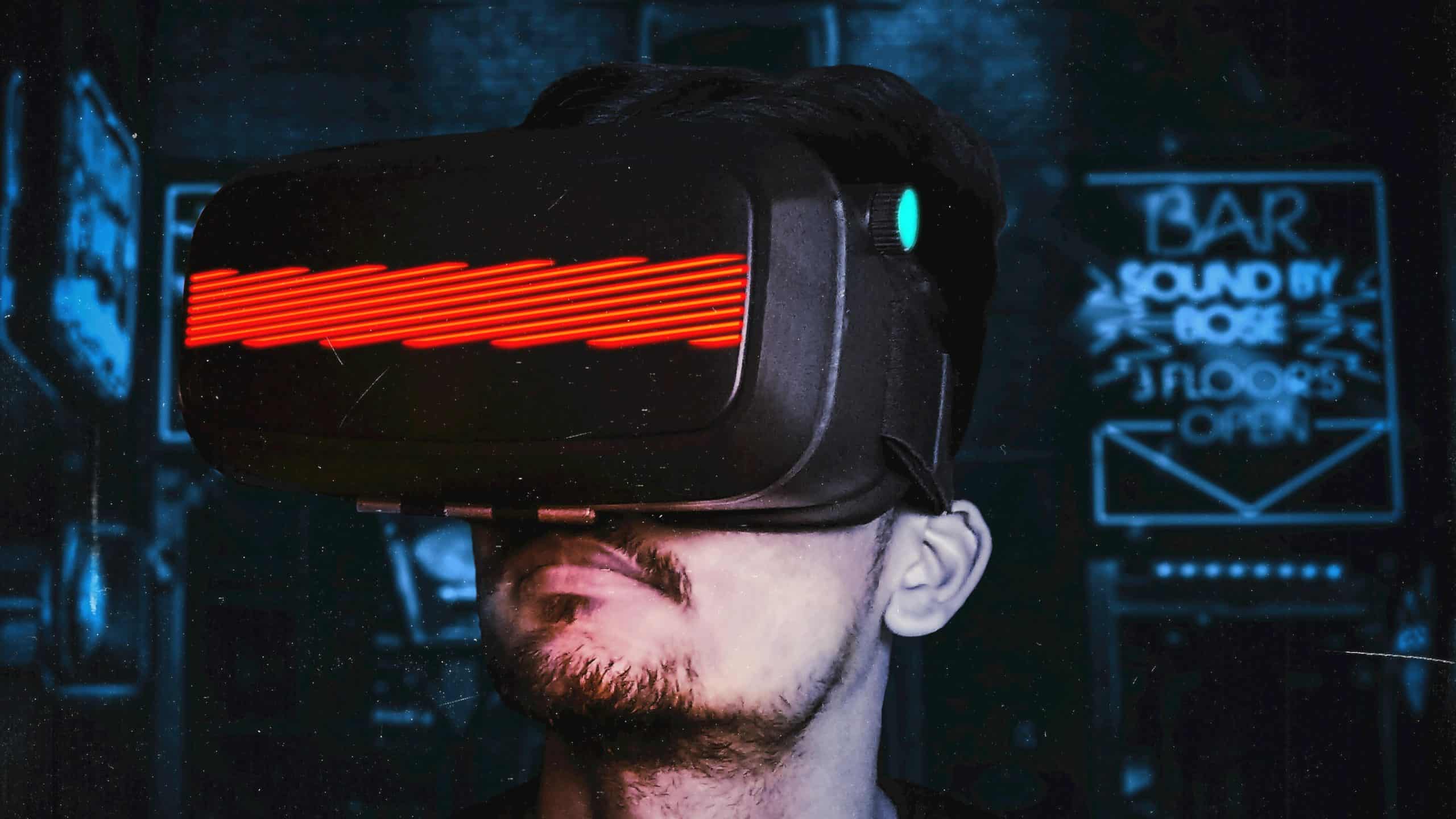
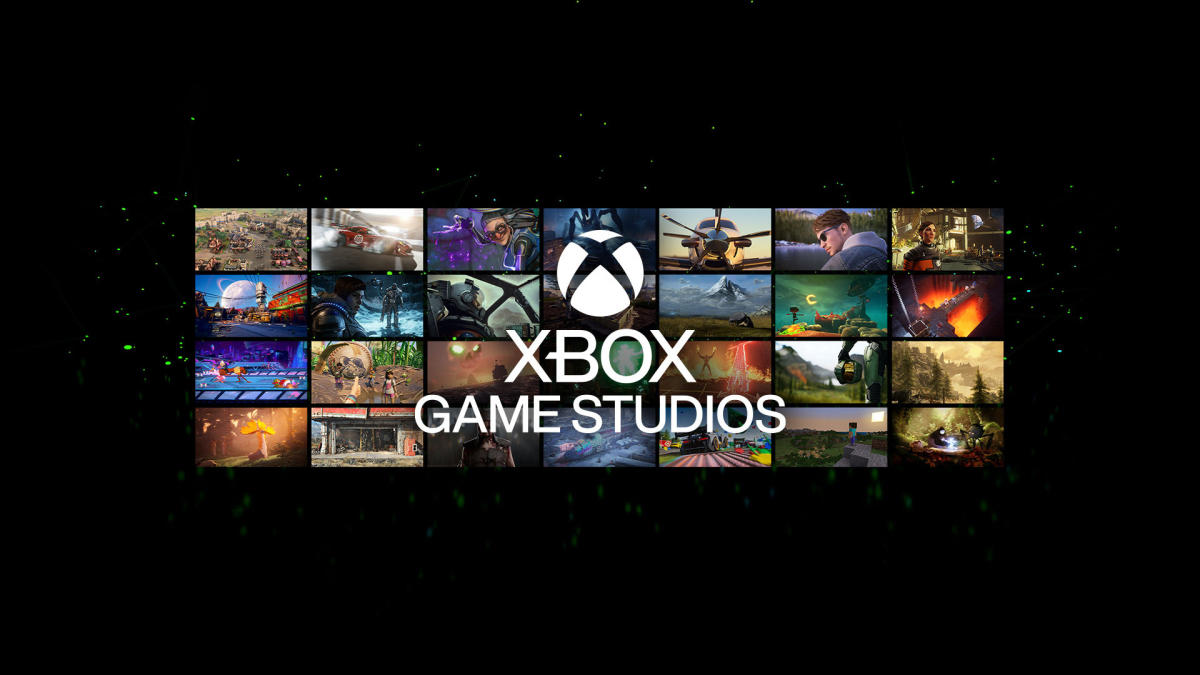





























































































































You must be logged in to post a comment Login